Couples Rehab Monroe New York
Rekindling Love, Restoring Lives: A Guide to Couples Rehab in Monroe County, NY
The scenic beauty of Monroe County, NY can be overshadowed by the harsh reality of addiction. When substance abuse challenges a relationship, couples rehab can offer a lifeline, a path towards healing and a renewed future together. This comprehensive guide explores couples rehab options in Monroe County, NY. It delves into the signs that indicate it might be the right decision, explores the various treatment approaches available, and offers valuable resources to empower you to take the first step towards a healthier and happier relationship.
Understanding Couples Rehab in Monroe County, NY
Couples rehab, also known as relationship-oriented addiction treatment, is a specialized program designed for couples struggling with addiction together. It goes beyond individual treatment by addressing the underlying relational issues that may have contributed to or been exacerbated by the addiction.
A renowned couples therapist in Monroe County, emphasizes the importance of couples rehab: “Addiction can disrupt communication, erode trust, and isolate partners. Couples rehab creates a safe space to address these challenges while learning healthier ways to support each other in recovery.”
Is Couples Rehab Right for You in Monroe County, NY?
If you and your partner are experiencing any of the following, couples rehab in Monroe County, NY could be a transformative solution:
- Frequent arguments or conflict centered around substance use
- Enabling behaviors by one partner to protect the other’s addiction
- Loss of trust or intimacy due to substance use
- Difficulty communicating openly and honestly about addiction
- Relapses despite individual treatment attempts
- Feeling hopeless or isolated in your relationship due to addiction
Benefits of Couples Rehab in Monroe County, NY
- Dual Diagnosis Treatment: Couples rehab addresses both substance abuse and co-occurring mental health issues that might be fueling the addiction.
- Improved Communication: Therapists equip couples with communication tools to express their needs and concerns constructively.
- Relapse Prevention: Couples learn relapse prevention strategies to support each other’s sobriety journey, building a stronger support system.
- Rebuilding Trust: The program fosters a safe space to rebuild trust and emotional intimacy.
- Holistic Approach to Recovery: Couples rehab can address the emotional, physical, and psychological aspects of addiction. The holistic approach to recovery can be very beneficial to some.
What to Expect in Couples Rehab in Monroe County, NY
Couples rehab programs in Monroe County, NY typically follow a structured approach, incorporating individual therapy, couples therapy, and group sessions. Here’s a breakdown of the primary components:
- Individual Therapy: Each partner receives personalized therapy sessions to address their personal struggles with addiction and underlying emotional issues.
- Couples Therapy: Therapists guide couples through communication exercises, conflict resolution techniques, and rebuilding trust exercises.
- Group Sessions: Group sessions provide an opportunity to share experiences, gain support from peers facing similar challenges, and learn from others’ journeys.
- Family Therapy: In some cases, family therapy sessions may be recommended to address the impact of addiction on the broader family system.
Types of Couples Rehab Programs in Monroe County, NY
Several treatment approaches fall under the umbrella of couples rehab. Here’s a look at some common options offered by rehab centers in New York:
- Inpatient Programs: These intensive programs involve 24/7 residential treatment for both partners in a structured and supervised environment.
- Outpatient Programs: Offering flexibility, outpatient programs allow individuals to continue living at home while attending therapy sessions at the rehab center several times a week.
- Weekend Programs: Designed for busy couples, weekend programs provide intensive therapy sessions on weekends while allowing them to maintain work and family commitments during the week.
- Holistic Programs: Holistic couples rehab programs incorporate holistic therapies like yoga, meditation, and mindfulness practices alongside traditional therapy to promote overall well-being.
- Luxury Couples Rehab: Some rehab centers offer luxury accommodations and amenities for couples seeking a high-end treatment experience in Monroe County, NY.
Finding the Best Couples Rehab Program in Monroe County, NY
Making the decision to enter couples rehab can be daunting. Here are some key factors to consider when choosing a program in Monroe County, NY:
- Credentials and Experience: Ensure the rehab center has a team of qualified and experienced professionals specializing in couples rehab and addiction treatment.
- Treatment Options: Choose a program that offers the specific type of treatment you need, such as inpatient, outpatient, or holistic.
- Insurance Coverage: Verify if the program accepts your insurance and understand your financial responsibility.
- Location and Amenities: Consider the program’s location, amenities offered (important for inpatient programs), and overall environment to ensure it’s conducive to your recovery needs.
- Success Rates: While success rates can vary, inquire about the program’s average success rate for couples rehab.
Additional Resources in Monroe County, NY
We understand that navigating the journey of addiction recovery can be overwhelming. Here are some valuable resources available in Monroe County, NY, to support you and your partner:
- The Department of Mental Health (DMH) of Monroe County: https://www.monroecounty.gov/mh (585) 753-6631 – Offers a range of addiction treatment services and referrals.
- Cornerstone Community Supports: https://www.facebook.com/CouplesRehab/ (888) 325-2454 – Provides a variety of addiction treatment programs, including couples rehab options.
- The National Institute on Drug Abuse (NIDA): https://www.nih.gov/about-nih/what-we-do/nih-almanac/national-institute-drug-abuse-nida (1-800-662-HELP) – Offers a wealth of information on drug abuse and treatment options, including a treatment facility locator tool.
Taking the Next Step
Entering couples rehab is a courageous decision that demonstrates your commitment to healing your relationship and overcoming addiction. Here at Couples Rehab, we understand the complexities of addiction and the unique challenges faced by couples. We offer a range of personalized couples rehab programs in Monroe County, NY, tailored to meet your specific needs. Our dedicated team of addiction specialists provides compassionate care in a supportive and confidential environment. We believe in the power of couples healing together, and we are here to guide you every step of the way on your journey towards a healthier and happier future.
Contact Couples Rehab in Monroe County, NY Today
If you’re ready to explore couples rehab programs in Monroe County, NY, call us today at (888) 325-2454 or visit our website at www.couplesrehabs.org to schedule a confidential consultation. Our compassionate team will answer your questions and guide you through the admissions process.
Remember, you are not alone on this journey. We are here to support you every step of the way.
Couples Rehab Monroe New York FAQ’s
-
Question: Is couples rehab right for me and my partner in Monroe County, NY?
-
Answer: Couples rehab in Monroe County, NY, could be a great option if you and your partner are struggling with addiction and experiencing difficulties in your relationship due to substance abuse. Signs that indicate it might be helpful include frequent arguments about substance use, enabling behaviors, loss of trust or intimacy, communication issues related to addiction, or relapses despite individual treatment attempts.
-
Question: What are some of the benefits of couples rehab programs in Monroe County, NY?
-
Answer: Couples rehab programs in Monroe County offer a range of benefits, including addressing dual diagnosis (addiction and co-occurring mental health issues), improving communication skills, developing relapse prevention strategies together, rebuilding trust, and promoting a holistic approach to recovery for both partners.
-
Question: Are there free couples rehab programs available in Monroe County, NY?
-
Answer: While there might not be entirely free programs, some rehab centers in Monroe County offer scholarships or work with insurance providers to make treatment more affordable. It’s best to contact individual programs directly to inquire about their payment options and financial assistance possibilities.
-
Question: What types of couples rehab programs are offered in Monroe County, NY?
-
Answer: Monroe County offers a variety of couples rehab programs to suit different needs. You can find inpatient programs for 24/7 residential treatment, outpatient programs for continued living at home with therapy sessions, weekend programs for busy couples, holistic programs incorporating mindfulness practices, and even luxury rehab centers for a high-end treatment experience.
-
Question: How can I find the best couples rehab program for me and my partner in Monroe County, NY?
-
Answer: Consider factors like the program’s credentials and experience, treatment options offered (inpatient, outpatient, etc.), insurance coverage, location and amenities (especially for inpatient programs), and success rates for couples rehab. Reading online reviews and contacting rehab centers directly for consultations can also be helpful.
-
Question: Are there any couples rehab programs specifically in Rochester, NY (within Monroe County)?
-
Answer: Yes, Monroe County encompasses Rochester, NY. Many couples rehab centers in the county likely have locations or services available within Rochester itself. You can search for programs based on their Rochester location or contact them to inquire about their services in the city.
-
Question: What resources are available to help me and my partner after couples rehab in Monroe County, NY?
-
Answer: Several resources can support your ongoing recovery journey after couples rehab. The Department of Mental Health (DMH) of Monroe County and Cornerstone Community Supports offer addiction treatment services and referrals. Support groups specifically for couples in recovery can also be a valuable resource.
-
Question: Is couples rehab confidential in Monroe County, NY?
-
Answer: Confidentiality is a crucial aspect of addiction treatment. Reputable couples rehab programs in Monroe County, NY, will adhere to strict HIPAA privacy regulations to protect your personal information and treatment details.
-
Question: What happens if my partner isn’t ready for couples rehab in Monroe County, NY?
-
Answer: It’s important for both partners to be committed to couples rehab for optimal results. However, you can still seek individual treatment or support groups for yourself while encouraging your partner to consider couples rehab in the future. There are also resources available for families impacted by addiction.
-
Question: I’m scared to reach out for couples rehab in Monroe County, NY. What should I do?
-
Answer: Taking the first step towards recovery is a courageous decision. Remember, you’re not alone. Many couples rehab programs in Monroe County offer compassionate and confidential consultations. You can call Couples Rehab today at (888) 325-2454 to speak with a caring representative who can answer your questions and guide you through the process.



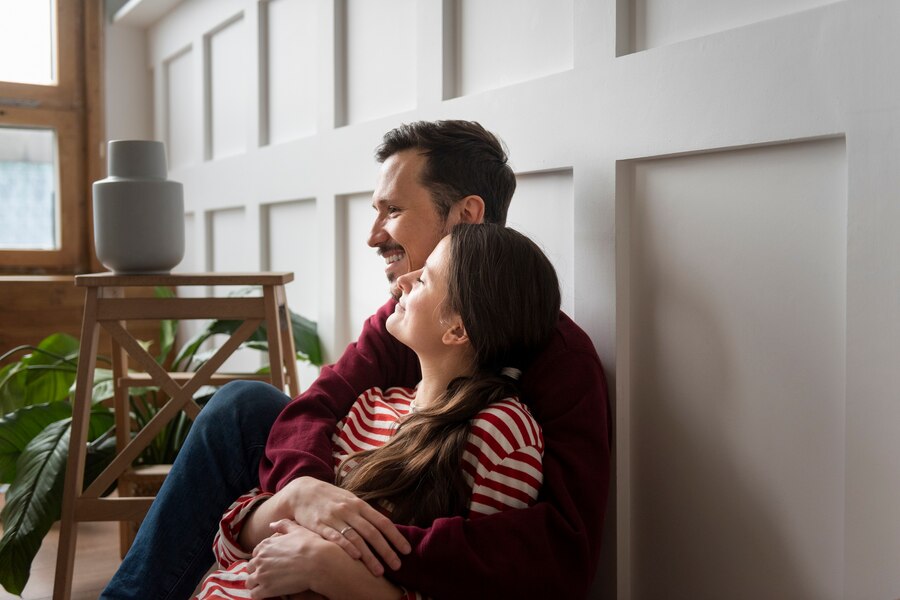




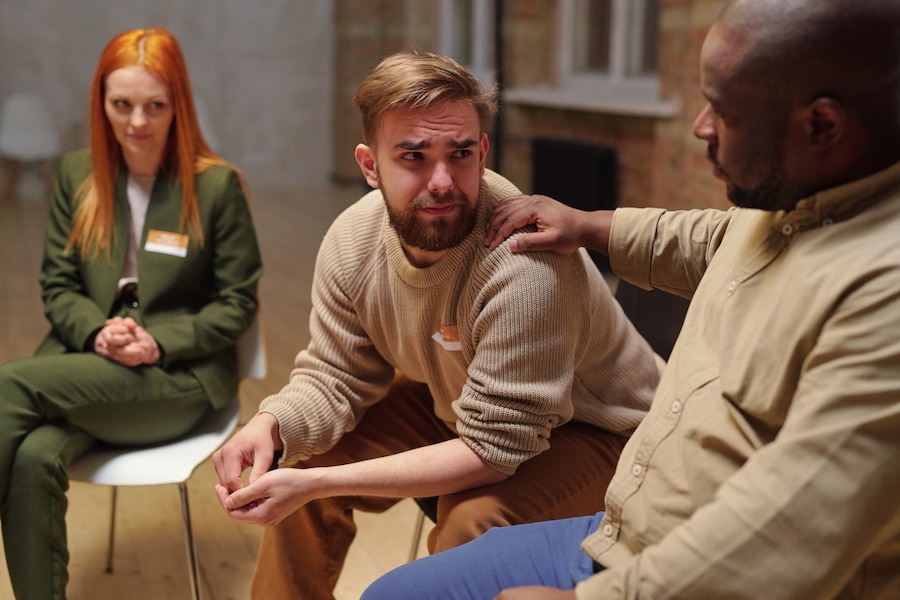
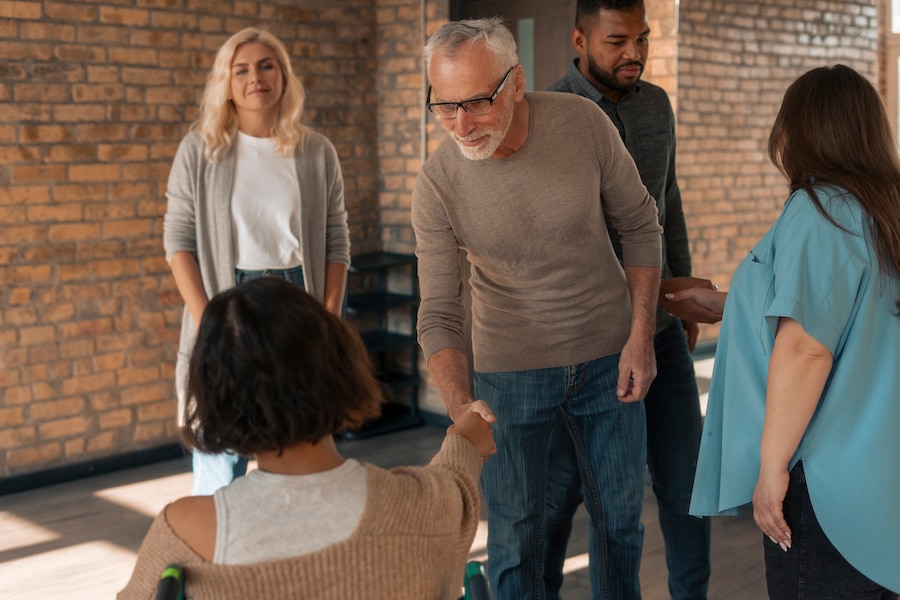




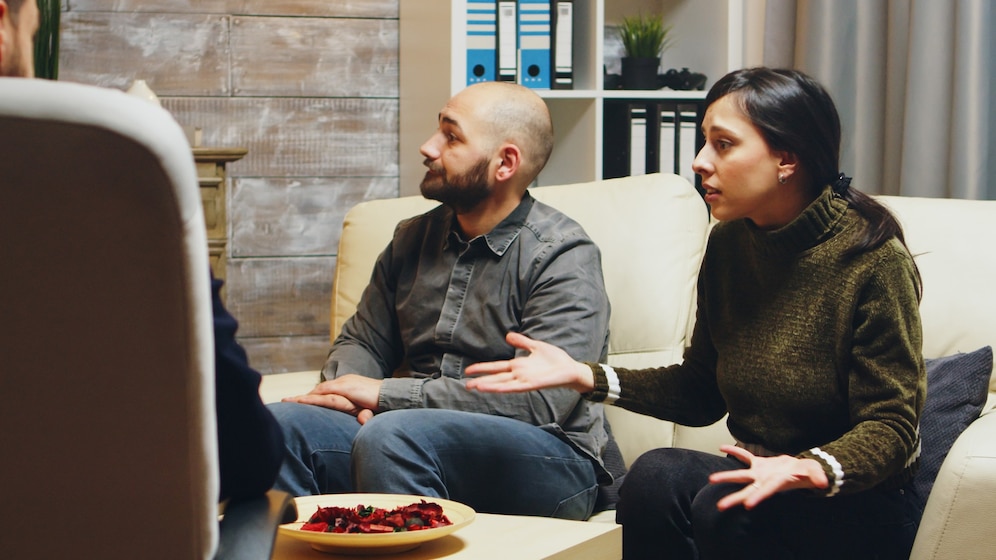

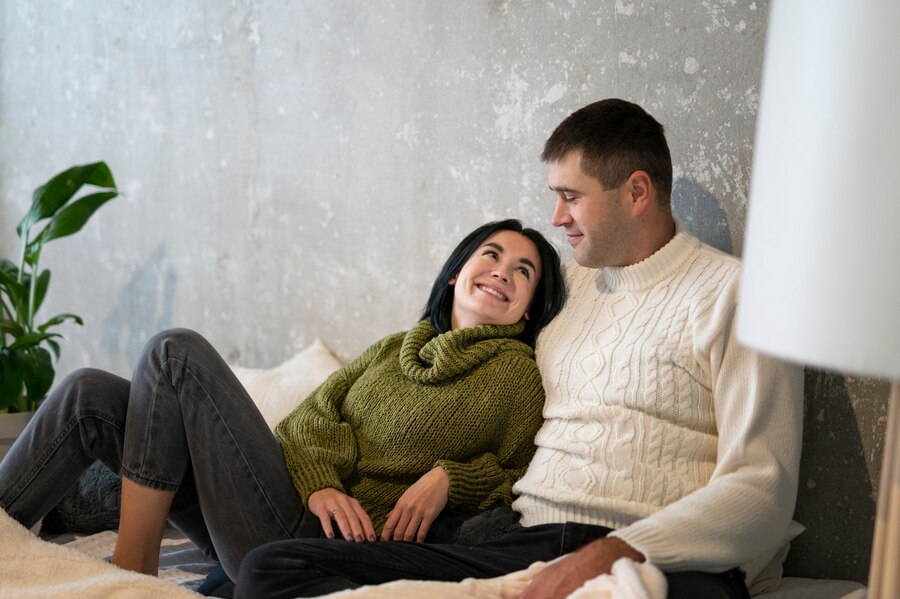
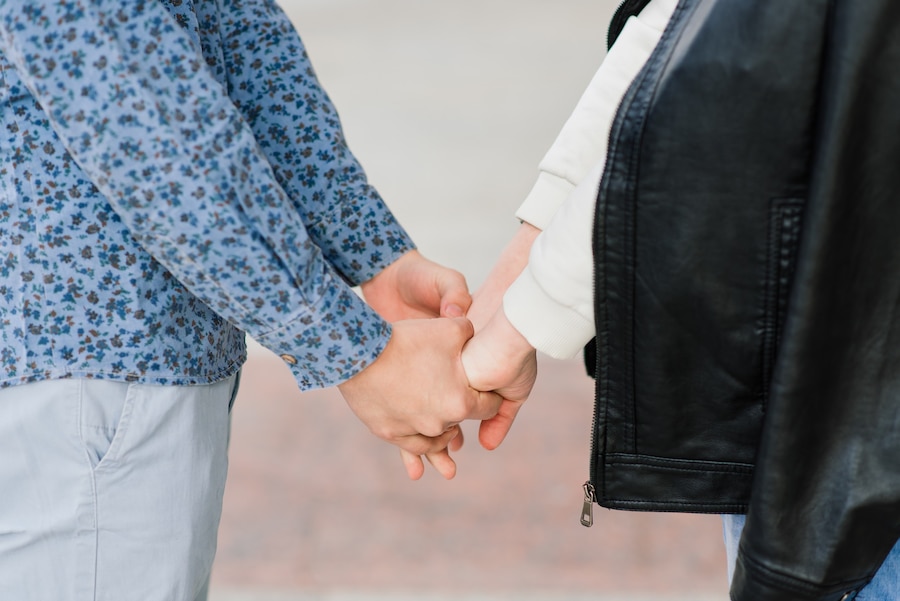
Recent Comments